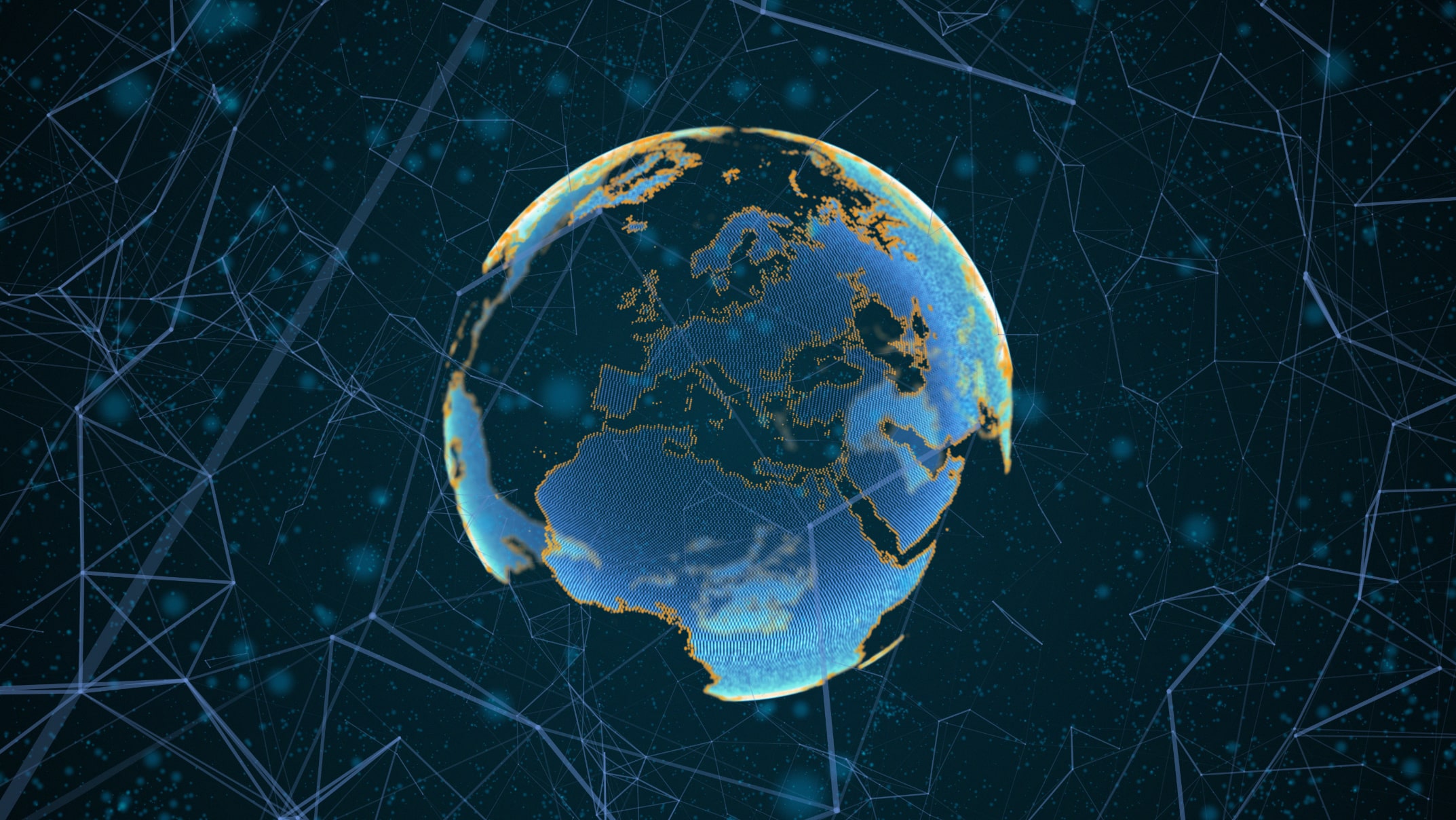For decades during the Cold War, the world was characterised by two power blocs and opposing political and economic systems and thus had a bipolar structure. Since the Russian attacks on Ukraine at the latest, it has become clear that the previous world order has come to an end.
Currently, a system of regional zones of influence has emerged that is essentially dominated by five centres of power: the USA, the European Union, Russia, China and India.
At the event, political scientist Herfried Münkler and former Luxembourg Foreign Minister Jean Asselborn will analyse the extent to which the multipolar world order offers new opportunities and the risks it poses - not only for the EU.
